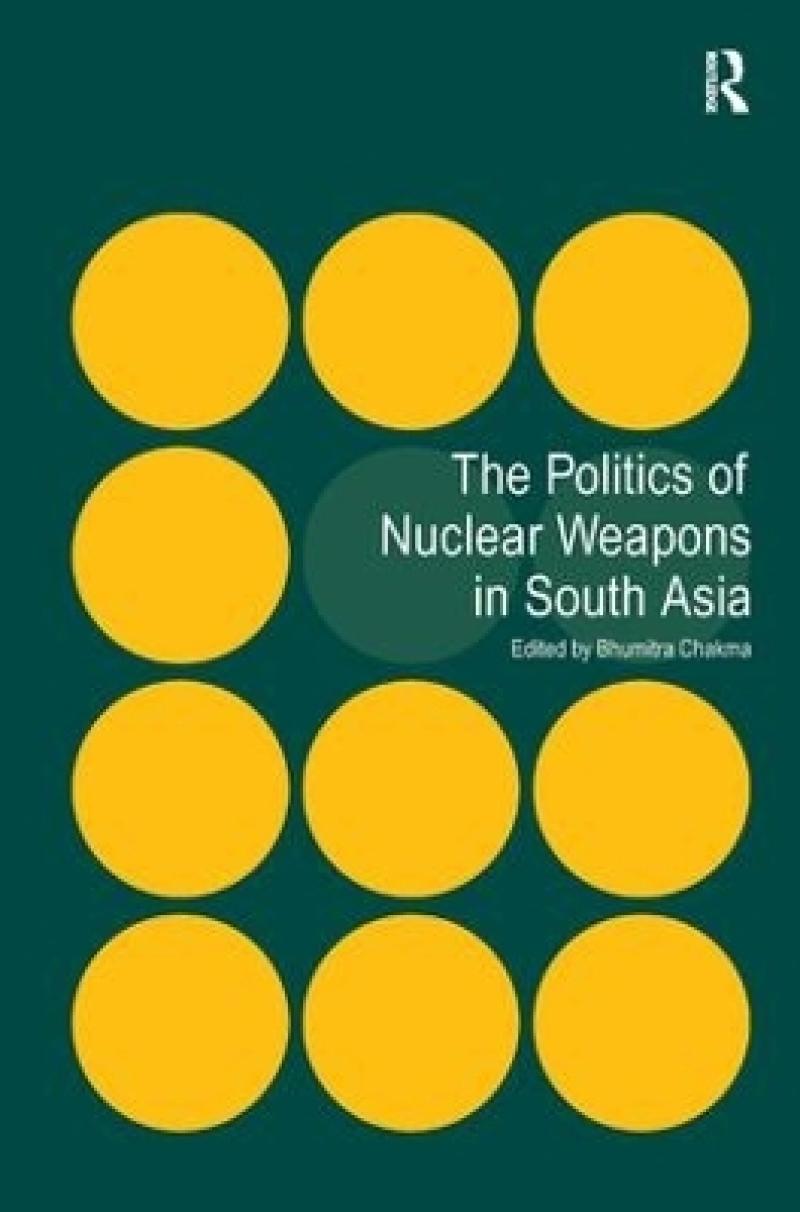'Pakistan and India have been on the verge of nuclear war several times in the past two decades. This book explores the complexities of their relationship with great clarity and in unparalleled depth. It will be an invaluable resource for anyone seeking accurate, detailed and up-to-date information on the nuclear balance in South Asia.' Peter Mayer, University of Adelaide, Australia 'The Asian subcontinent has, thus far, escaped the unimaginable horrors of nuclear Armageddon. But can the world expect this good fortune to last forever? Or does good fortune have nothing to do with it? This careful study explores the nuclear theory, doctrine, politics, arms control measures, and external pressures that help explain why intense national rivalries and superheated passions so far remain contained.' Robert M. Hathaway, Woodrow Wilson International Center for Scholars, Washington, DC, USA
